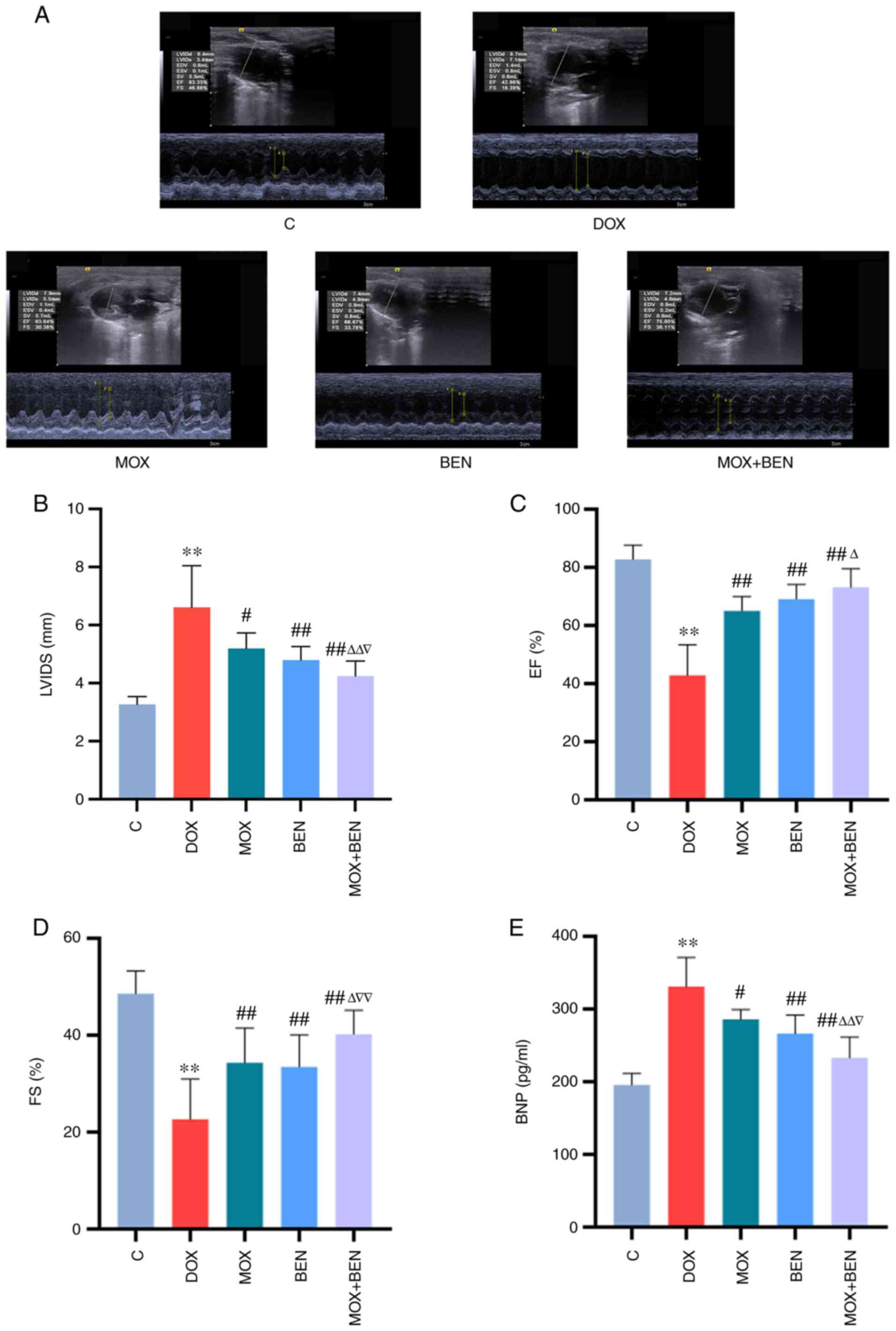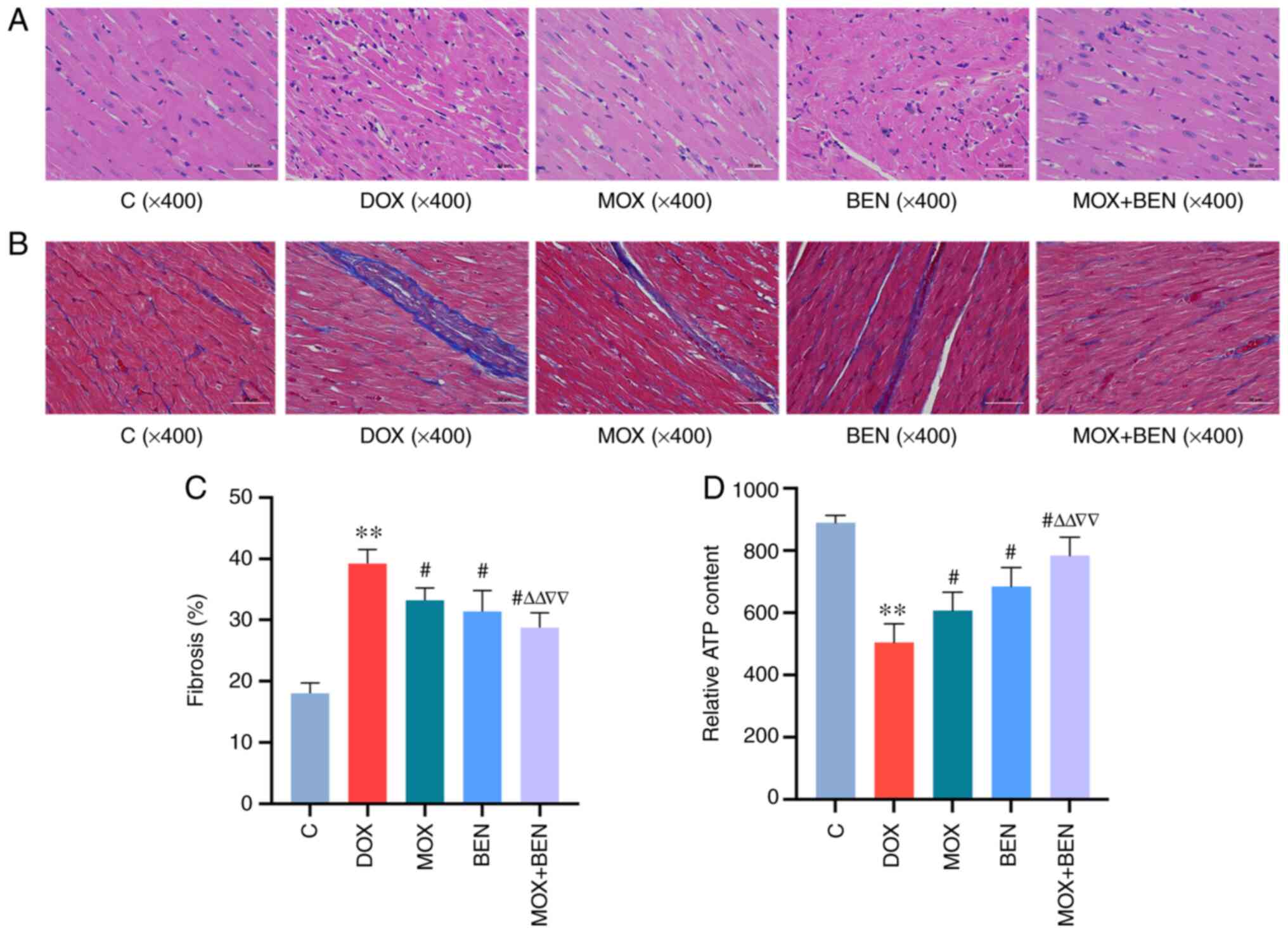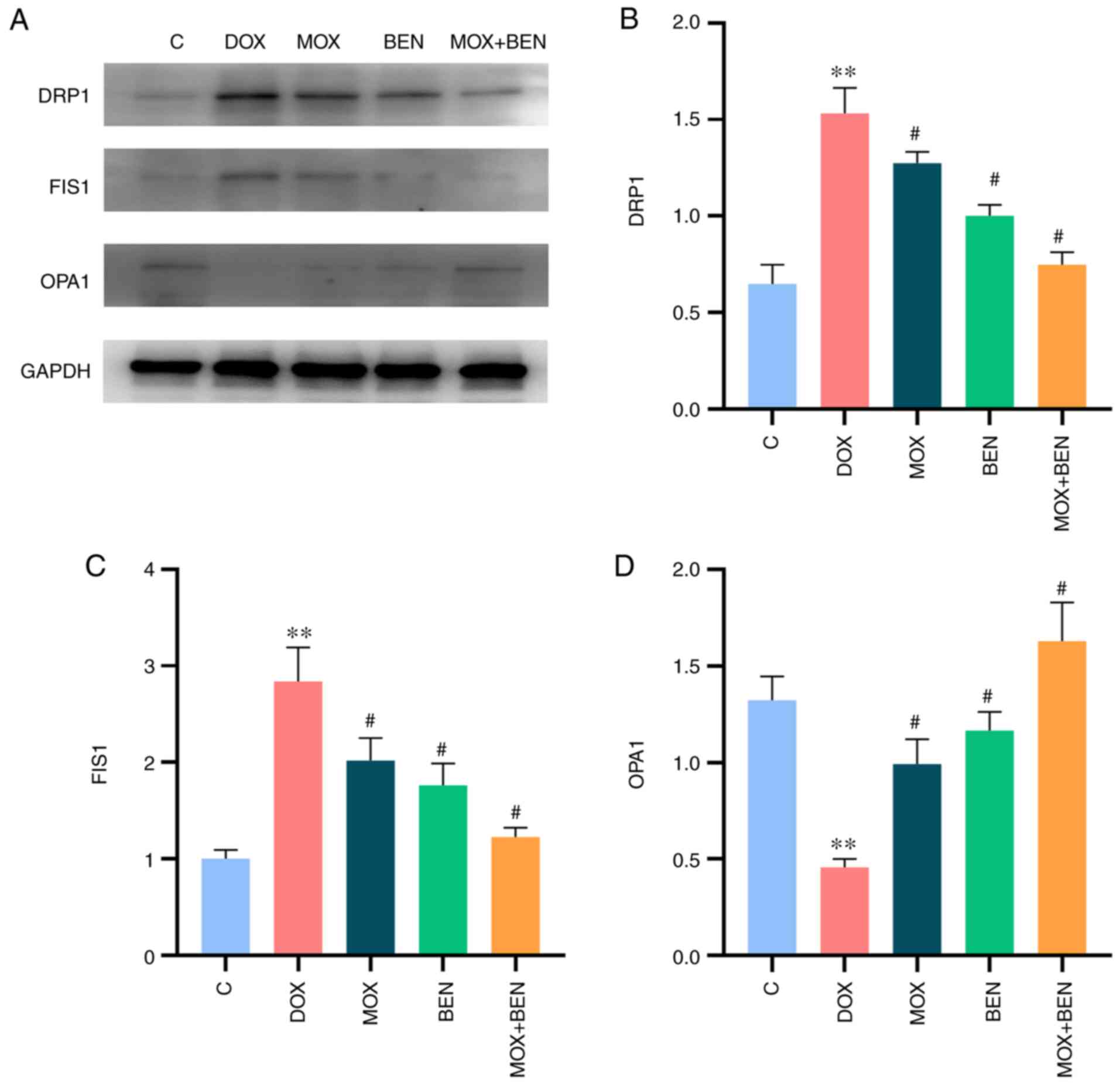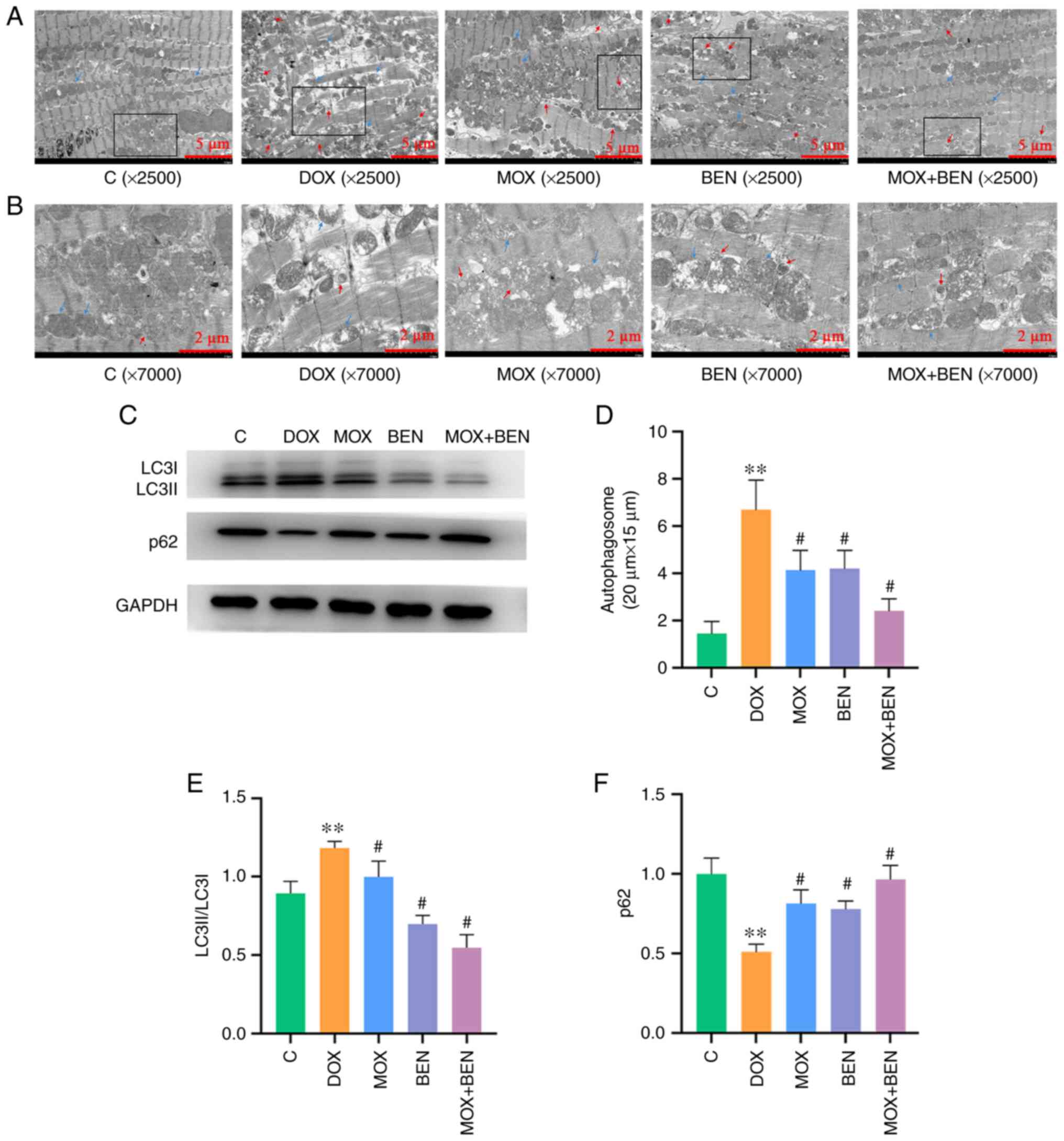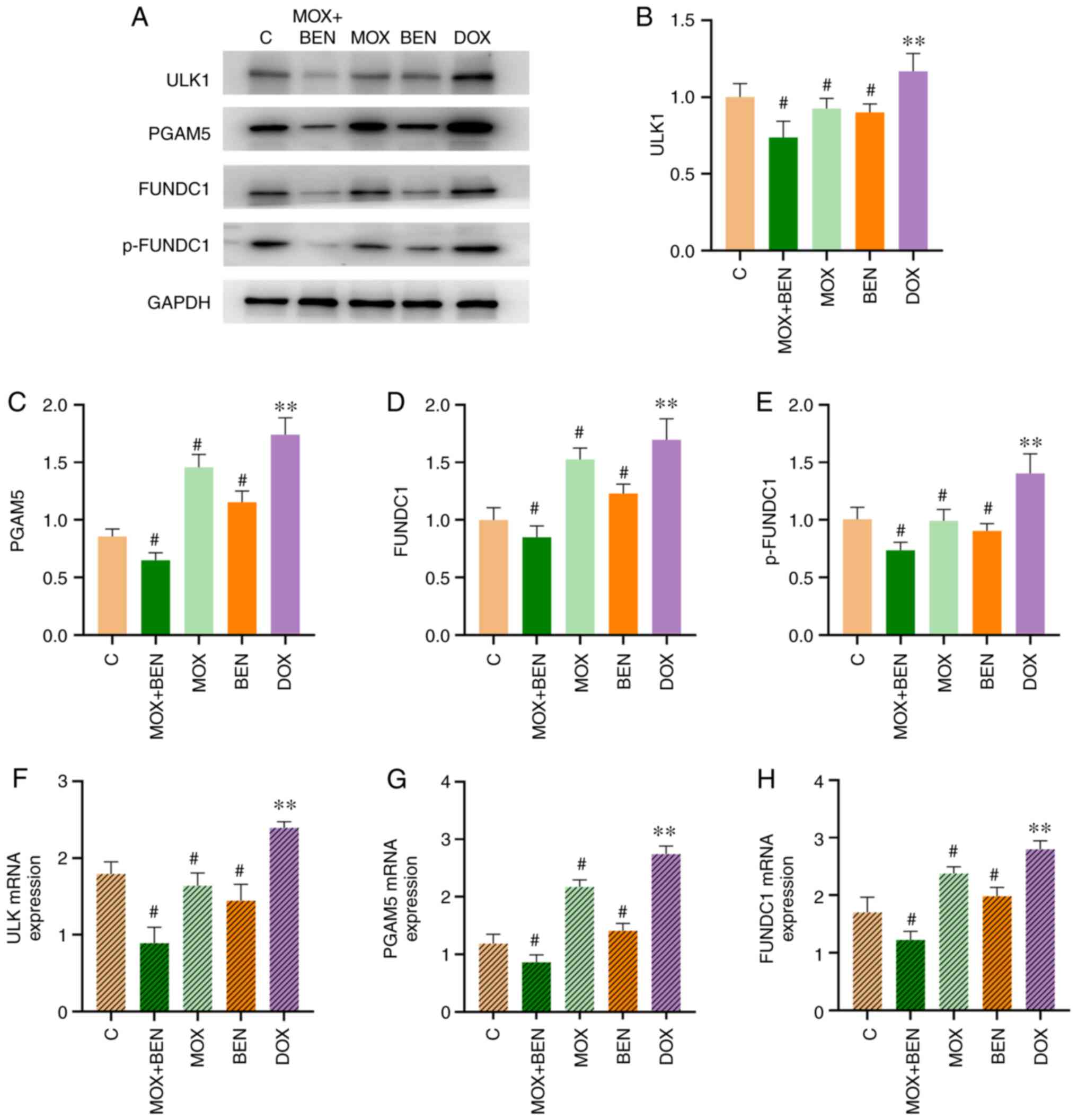|
1
|
Ewen S, Nikolovska A, Zivanovic I,
Kindermann I and Böhm M: Chronic heart failure-new insights. Dtsch
Med Wochenschr. 141:1560–1564. 2016.PubMed/NCBI View Article : Google Scholar : (In German).
|
|
2
|
Tromp J, Teng TH, Tay WT, Hung CL,
Narasimhan C, Shimizu W, Park SW, Liew HB, Ngarmukos T, Reyes EB,
et al: Heart failure with preserved ejection fraction in Asia. Eur
J Heart Fail. 21:23–36. 2019.PubMed/NCBI View Article : Google Scholar
|
|
3
|
Hao G, Wang X, Chen Z, Zhang L, Zhang Y,
Wei B, Zheng C, Kang Y, Jiang L, Zhu Z, et al: Prevalence of heart
failure and left ventricular dysfunction in China: The China
hypertension survey, 2012-2015. Eur J Heart Fail. 21:1329–1337.
2019.PubMed/NCBI View Article : Google Scholar
|
|
4
|
van der Meer P, Gaggin HK and Dec GW:
ACC/AHA versus ESC guidelines on heart failure: JACC guideline
comparison. J Am Coll Cardiol. 73:2756–2768. 2019.PubMed/NCBI View Article : Google Scholar
|
|
5
|
Boorsma EM, Ter Maaten JM, Damman K, Dinh
W, Gustafsson F, Goldsmith S, Burkhoff D, Zannad F, Udelson JE and
Voors AA: Congestion in heart failure: A contemporary look at
physiology, diagnosis and treatment. Nat Rev Cardiol. 17:641–655.
2020.PubMed/NCBI View Article : Google Scholar
|
|
6
|
Dick SA and Epelman S: Chronic heart
failure and inflammation: What do we really know? Circ Res.
119:159–176. 2016.PubMed/NCBI View Article : Google Scholar
|
|
7
|
Tanai E and Frantz S: Pathophysiology of
heart failure. Compr Physiol. 6:187–214. 2015.PubMed/NCBI View Article : Google Scholar
|
|
8
|
Tian R, Colucci WS, Arany Z, Bachschmid
MM, Ballinger SW, Boudina S, Bruce JE, Busija DW, Dikalov S, Dorn
GW II, et al: Unlocking the secrets of mitochondria in the
cardiovascular system: Path to a cure in heart failure-a report
from the 2018 national heart, lung, and blood institute workshop.
Circulation. 140:1205–1216. 2019.PubMed/NCBI View Article : Google Scholar
|
|
9
|
Tahrir FG, Langford D, Amini S, Mohseni
Ahooyi T and Khalili K: Mitochondrial quality control in cardiac
cells: Mechanisms and role in cardiac cell injury and disease. J
Cell Physiol. 234:8122–8133. 2019.PubMed/NCBI View Article : Google Scholar
|
|
10
|
Chaanine AH, LeJemtel TH and Delafontaine
P: Mitochondrial pathobiology and metabolic remodeling in
progression to overt systolic heart failure. J Clin Med.
9(3582)2020.PubMed/NCBI View Article : Google Scholar
|
|
11
|
Deng Y, Xie M, Li Q, Xu X, Ou W, Zhang Y,
Xiao H, Yu H, Zheng Y, Liang Y, et al: Targeting
mitochondria-inflammation circuit by β-hydroxybutyrate mitigates
HFpEF. Circ Res. 128:232–245. 2021.PubMed/NCBI View Article : Google Scholar
|
|
12
|
Muñoz JP and Zorzano A: FUNDC1: A novel
protein in cardiac health. Circulation. 136:2267–2270.
2017.PubMed/NCBI View Article : Google Scholar
|
|
13
|
Meyer JN, Leuthner TC and Luz AL:
Mitochondrial fusion, fission, and mitochondrial toxicity.
Toxicology. 391:42–53. 2017.PubMed/NCBI View Article : Google Scholar
|
|
14
|
Chen M, Chen Z, Wang Y, Tan Z, Zhu C, Li
Y, Han Z, Chen L, Gao R, Liu L and Chen Q: Mitophagy receptor
FUNDC1 regulates mitochondrial dynamics and mitophagy. Autophagy.
12:689–702. 2016.PubMed/NCBI View Article : Google Scholar
|
|
15
|
Wu W, Li W, Chen H, Jiang L, Zhu R and
Feng D: FUNDC1 is a novel mitochondrial-associated-membrane (MAM)
protein required for hypoxia-induced mitochondrial fission and
mitophagy. Autophagy. 12:1675–1676. 2016.PubMed/NCBI View Article : Google Scholar
|
|
16
|
Ma K, Zhang Z, Chang R, Cheng H, Mu C,
Zhao T, Chen L, Zhang C, Luo Q, Lin J, et al: Dynamic PGAM5
multimers dephosphorylate BCL-xL or FUNDC1 to regulate
mitochondrial and cellular fate. Cell Death Differ. 27:1036–1051.
2020.PubMed/NCBI View Article : Google Scholar
|
|
17
|
Wu W, Tian W, Hu Z, Chen G, Huang L, Li W,
Zhang X, Xue P, Zhou C, Liu L, et al: ULK1 translocates to
mitochondria and phosphorylates FUNDC1 to regulate mitophagy. EMBO
Rep. 15:566–575. 2014.PubMed/NCBI View Article : Google Scholar
|
|
18
|
Jiang L, Deng Z, Zhang H, Li Y, Wang T and
Xie W: Acupoint for angina pectoris: A protocol for systematic
review and meta-analysis. Medicine (Baltimore).
100(e24080)2021.PubMed/NCBI View Article : Google Scholar
|
|
19
|
Sun H, Li X, Lou J, Zhang Y, Jiang Y and
Fang J: Acupuncture and related therapies for treating stable
angina pectoris: A protocol of an overview of systematic reviews
and meta-analysis. Medicine (Baltimore). 99(e23701)2020.PubMed/NCBI View Article : Google Scholar
|
|
20
|
Wang J, Zeng YL, Wu FQ, Sun RR, Chen J,
Jia XZ and Xi YH: Effect of moxibustion stimulation of ‘Feishu’ (BL
13) and ‘Xinshu’ (BL 15) on expression of myocardial MyD 88 protein
and caspase 3 mRNA in chronic heart failure rats. Zhen Ci Yan Jiu.
41:429–434. 2016.PubMed/NCBI(In Chinese).
|
|
21
|
Liu NN, Jia XZ, Wang J, Zhu GQ, Li D, Li
QL and Ma Q: Moxibustion improves cardiac function by up-regulating
autophagy-related proteins of cardiomyocytes in rats with chronic
heart failure. Zhen Ci Yan Jiu. 44:25–30. 2019.PubMed/NCBI View Article : Google Scholar : (In Chinese).
|
|
22
|
Li Q, Wang W, Ma Q, Xia R, Gao B, Zhu G
and Wang J: Moxibustion improves chronic heart failure by
inhibiting autophagy and inflammation via upregulation of mTOR
expression. Evid Based Complement Alternat Med.
2021(6635876)2021.PubMed/NCBI View Article : Google Scholar
|
|
23
|
National Research Council (US) Committee
for the Update of the Guide for the Care and Use of Laboratory
Animals: Guide for the Care and Use of Laboratory Animals. 8th
edition. National Academies Press (US), Washington (DC).
|
|
24
|
Leontyev S, Schlegel F, Spath C, Schmiedel
R, Nichtitz M, Boldt A, Rübsamen R, Salameh A, Kostelka M, Mohr FW
and Dhein S: Transplantation of engineered heart tissue as a
biological cardiac assist device for treatment of dilated
cardiomyopathy. Eur J Heart Fail. 15:23–35. 2013.PubMed/NCBI View Article : Google Scholar
|
|
25
|
Qi Q, Liu YN, Jin XM, Zhang LS, Wang C,
Bao CH, Liu HR, Wu HG and Wang XM: Moxibustion treatment modulates
the gut microbiota and immune function in a dextran sulphate
sodium-induced colitis rat model. World J Gastroenterol.
24:3130–3144. 2018.PubMed/NCBI View Article : Google Scholar
|
|
26
|
Zhu Y, Zhao J, Han Q, Wang Z, Wang Z, Dong
X, Li J, Liu L and Shen X: The effect and mechanism of Chinese
herbal formula sini tang in heart failure after myocardial
infarction in rats. Evid Based Complement Alternat Med.
2018(5629342)2018.PubMed/NCBI View Article : Google Scholar
|
|
27
|
Livak KJ and Schmittgen TD: Analysis of
relative gene expression data using real-time quantitative PCR and
the 2(-Delta Delta C(T)) method. Methods. 25:402–408.
2001.PubMed/NCBI View Article : Google Scholar
|
|
28
|
Shin NR, Ryu HW, Ko JW, Park SH, Yuk HJ,
Kim HJ, Kim JC, Jeong SH and Shin IS: Artemisia argyi
attenuates airway inflammation in ovalbumin-induced asthmatic
animals. J Ethnopharmacol. 209:108–115. 2017.PubMed/NCBI View Article : Google Scholar
|
|
29
|
Shin NR, Park SH, Ko JW, Ryu HW, Jeong SH,
Kim JC, Shin DH, Lee HS and Shin IS: Artemisia argyi
attenuates airway inflammation in lipopolysaccharide induced acute
lung injury model. Lab Anim Res. 33:209–215. 2017.PubMed/NCBI View Article : Google Scholar
|
|
30
|
Lee H, Jang D, Jeon J, Cho C, Choi S, Han
SJ, Oh E, Nam J, Park CH, Shin YS, et al: Seomae mugwort and
jaceosidin attenuate osteoarthritic cartilage damage by blocking
IκB degradation in mice. J Cell Mol Med. 24:8126–8137.
2020.PubMed/NCBI View Article : Google Scholar
|
|
31
|
Ge YB, Wang ZG, Xiong Y, Huang XJ, Mei ZN
and Hong ZG: Anti-inflammatory and blood stasis activities of
essential oil extracted from Artemisia argyi leaf in
animals. J Nat Med. 70:531–538. 2016.PubMed/NCBI View Article : Google Scholar
|
|
32
|
Wang C, Yang M, Fan Y and Pei X:
Moxibustion as a therapy for breast cancer-related lymphedema in
female adults: A preliminary randomized controlled trial. Integr
Cancer Ther. 18(1534735419866919)2019.PubMed/NCBI View Article : Google Scholar
|
|
33
|
Sun YJ, Yuan JM and Yang ZM: Effectiveness
and safety of moxibustion for primary insomnia: A systematic review
and meta-analysis. BMC Complement Altern Med.
16(217)2016.PubMed/NCBI View Article : Google Scholar
|
|
34
|
Ma F, Yan X, Yu Y, Du D, Li S, Chen C,
Zhang X, Dong Z and Ma Y and Ma Y: Effects of herb-partitioned
moxibustion for primary dysmenorrhea: A protocol for systematic
review and meta-analysis. Medicine (Baltimore).
99(e21253)2020.PubMed/NCBI View Article : Google Scholar
|
|
35
|
Xu F, Huang M, Jin Y, Kong Q, Lei Z and
Wei X: Moxibustion treatment for primary osteoporosis: A systematic
review of randomized controlled trials. PLoS One.
12(e0178688)2017.PubMed/NCBI View Article : Google Scholar
|
|
36
|
Chen L, Huang Z, Cheng K, Wu F, Deng H,
Lin L, Zhao L and Shen X: The efficacy of jade moxibustion in knee
osteoarthritis. Medicine (Baltimore). 99(e19845)2020.PubMed/NCBI View Article : Google Scholar
|
|
37
|
Stein DJ: Massage acupuncture,
moxibustion, and other forms of complementary and alternative
medicine in inflammatory bowel disease. Gastroenterol Clin North
Am. 46:875–880. 2017.PubMed/NCBI View Article : Google Scholar
|
|
38
|
Shin KM, Park JE, Yook TH, Kim JU, Kwon O
and Choi SM: Moxibustion for prehypertension and stage I
hypertension: A pilot randomized controlled trial. Integr Med Res.
8:1–7. 2019.PubMed/NCBI View Article : Google Scholar
|
|
39
|
Yao Q, Zhang X, Huang Y, Wang H, Hui X and
Zhao B: Moxibustion for treating patients with hyperlipidemia: A
systematic review and meta-analysis protocol. Medicine (Baltimore).
98(e18209)2019.PubMed/NCBI View Article : Google Scholar
|
|
40
|
Liang B, Yan C, Zhang L, Yang Z, Wang L,
Xian S and Lu L: The effect of acupuncture and moxibustion on heart
function in heart failure patients: A systematic review and
meta-analysis. Evid Based Complement Alternat Med.
2019(6074967)2019.PubMed/NCBI View Article : Google Scholar
|
|
41
|
Koch RE, Josefson CC and Hill GE:
Mitochondrial function, ornamentation, and immunocompetence. Biol
Rev Camb Philos Soc. 92:1459–1474. 2017.PubMed/NCBI View Article : Google Scholar
|
|
42
|
Morales PE, Arias-Durán C, Ávalos-Guajardo
Y, Aedo G, Verdejo HE, Parra V and Lavandero S: Emerging role of
mitophagy in cardiovascular physiology and pathology. Mol Aspects
Med. 71(100822)2020.PubMed/NCBI View Article : Google Scholar
|
|
43
|
Vásquez-Trincado C, García-Carvajal I,
Pennanen C, Parra V, Hill JA, Rothermel BA and Lavandero S:
Mitochondrial dynamics, mitophagy and cardiovascular disease. J
Physiol. 594:509–525. 2016.PubMed/NCBI View Article : Google Scholar
|
|
44
|
Wai T, Garcia-Prieto J, Baker MJ,
Merkwirth C, Benit P, Rustin P, Rupérez FJ, Barbas C, Ibañez B and
Langer T: Imbalanced OPA1 processing and mitochondrial
fragmentation cause heart failure in mice. Science.
350(aad0116)2015.PubMed/NCBI View Article : Google Scholar
|
|
45
|
Chen L, Gong Q, Stice JP and Knowlton AA:
Mitochondrial OPA1, apoptosis, and heart failure. Cardiovasc Res.
84:91–99. 2009.PubMed/NCBI View Article : Google Scholar
|
|
46
|
Horbay R and Bilyy R: Mitochondrial
dynamics during cell cycling. Apoptosis. 21:1327–1335.
2016.PubMed/NCBI View Article : Google Scholar
|
|
47
|
Jiang P and Mizushima N: LC3- and
p62-based biochemical methods for the analysis of autophagy
progression in mammalian cells. Methods. 75:13–18. 2015.PubMed/NCBI View Article : Google Scholar
|
|
48
|
Chai P, Cheng Y, Hou C, Yin L, Zhang D, Hu
Y, Chen Q, Zheng P, Teng J and Chen J: USP19 promotes
hypoxia-induced mitochondrial division via FUNDC1 at
ER-mitochondria contact sites. J Cell Biol.
220(e202010006)2021.PubMed/NCBI View Article : Google Scholar
|
|
49
|
Wu S, Lu Q, Wang Q, Ding Y, Ma Z, Mao X,
Huang K, Xie Z and Zou MH: Binding of FUN14 domain containing 1
with inositol 1,4,5-trisphosphate receptor in
mitochondria-associated endoplasmic reticulum membranes maintains
mitochondrial dynamics and function in hearts in vivo. Circulation.
136:2248–2266. 2017.PubMed/NCBI View Article : Google Scholar
|
|
50
|
Gong J, Yan J, Forscher C and Hendifar A:
Aldoxorubicin: A tumor-targeted doxorubicin conjugate for relapsed
or refractory soft tissue sarcomas. Drug Des Devel Ther.
12:777–786. 2018.PubMed/NCBI View Article : Google Scholar
|
|
51
|
Green PS and Leeuwenburgh C: Mitochondrial
dysfunction is an early indicator of doxorubicin-induced apoptosis.
Biochim Biophys Acta. 1588:94–101. 2002.PubMed/NCBI View Article : Google Scholar
|
|
52
|
Koleini N and Kardami E: Autophagy and
mitophagy in the context of doxorubicin-induced cardiotoxicity.
Oncotarget. 8:46663–46680. 2017.PubMed/NCBI View Article : Google Scholar
|
|
53
|
Songbo M, Lang H, Xinyong C, Bin X, Ping Z
and Liang S: Oxidative stress injury in doxorubicin-induced
cardiotoxicity. Toxicol Lett. 307:41–48. 2019.PubMed/NCBI View Article : Google Scholar
|
|
54
|
Zhao L, Qi Y, Xu L, Tao X, Han X, Yin L
and Peng J: MicroRNA-140-5p aggravates doxorubicin-induced
cardiotoxicity by promoting myocardial oxidative stress via
targeting Nrf2 and Sirt2. Redox Biol. 15:284–296. 2018.PubMed/NCBI View Article : Google Scholar
|
|
55
|
Pan JA, Zhang H, Lin H, Gao L, Zhang HL,
Zhang JF, Wang CQ and Gu J: Irisin ameliorates doxorubicin-induced
cardiac perivascular fibrosis through inhibiting
endothelial-to-mesenchymal transition by regulating ROS
accumulation and autophagy disorder in endothelial cells. Redox
Biol. 46(102120)2021.PubMed/NCBI View Article : Google Scholar
|
|
56
|
Catanzaro MP, Weiner A, Kaminaris A, Li C,
Cai F, Zhao F, Kobayashi S, Kobayashi T, Huang Y, Sesaki H and
Liang Q: Doxorubicin-induced cardiomyocyte death is mediated by
unchecked mitochondrial fission and mitophagy. FASEB J.
33:11096–11108. 2019.PubMed/NCBI View Article : Google Scholar
|
|
57
|
Mancilla TR, Davis LR and Aune GJ:
Doxorubicin-induced p53 interferes with mitophagy in cardiac
fibroblasts. PLoS One. 15(e0238856)2020.PubMed/NCBI View Article : Google Scholar
|
|
58
|
Porrello ER, D'Amore A, Curl CL, Allen AM,
Harrap SB, Thomas WG and Delbridge LM: Angiotensin II type 2
receptor antagonizes angiotensin II type 1 receptor-mediated
cardiomyocyte autophagy. Hypertension. 53:1032–1040.
2009.PubMed/NCBI View Article : Google Scholar
|
|
59
|
Moon JH, Jeong JK, Hong JM, Seol JW and
Park SY: Inhibition of Autophagy by captopril attenuates prion
peptide-mediated neuronal apoptosis via AMPK activation. Mol
Neurobiol. 56:4192–4202. 2019.PubMed/NCBI View Article : Google Scholar
|
















